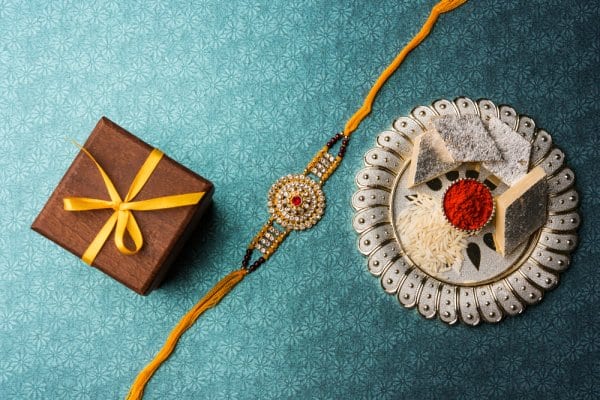
As the Indian community prepares for the Hindu festival of Rakhi or Raksha Bandhan on 3 Aug, the Department of Agriculture has issued a notice reminding us of Australia’s biosecurity laws.
Those expecting gifts and delicacies from overseas for rakhi have been asked to ensure that friends and family are aware that certain items are not permitted as they could pose a pest or disease threat, and could be intercepted at mail centres.
“This includes gifts and delicacies made from seeds, plant or animal material, which can all pose a biosecurity risk,” Head of Biosecurity at the Department of Agriculture, Water and the
Environment, Lyn O’Connell said. “Seeds and plants can carry pathogens or pests that can threaten the environment and horticulture industries.”
She pointed out that there has been an increase in risk items intercepted at our mail centres this year, with 30,000 potential risk items intercepted between January and April.
Rakhi gifts and delicacies that may pose a risk and therefore are not permitted include:
Rakhi threads made with seeds or flowers (Noting seeds are the most confiscated item at our mail centres)
traditional Indian sweets (mithai) that contain milk, such as barfi, mysore pak, gulab jamun, rasgulla, pedas or soan-papdi
grains and dried fruits.
Rakhi or Raksha-Bandhan is an annual tradition involving sisters tying thread (a rakhi) around their brother’s wrist for ritual protection, often combined with the brothers and sisters exchanging gifts and delicacies.
READ ALSO: Rakhis are now better bought and sent online



